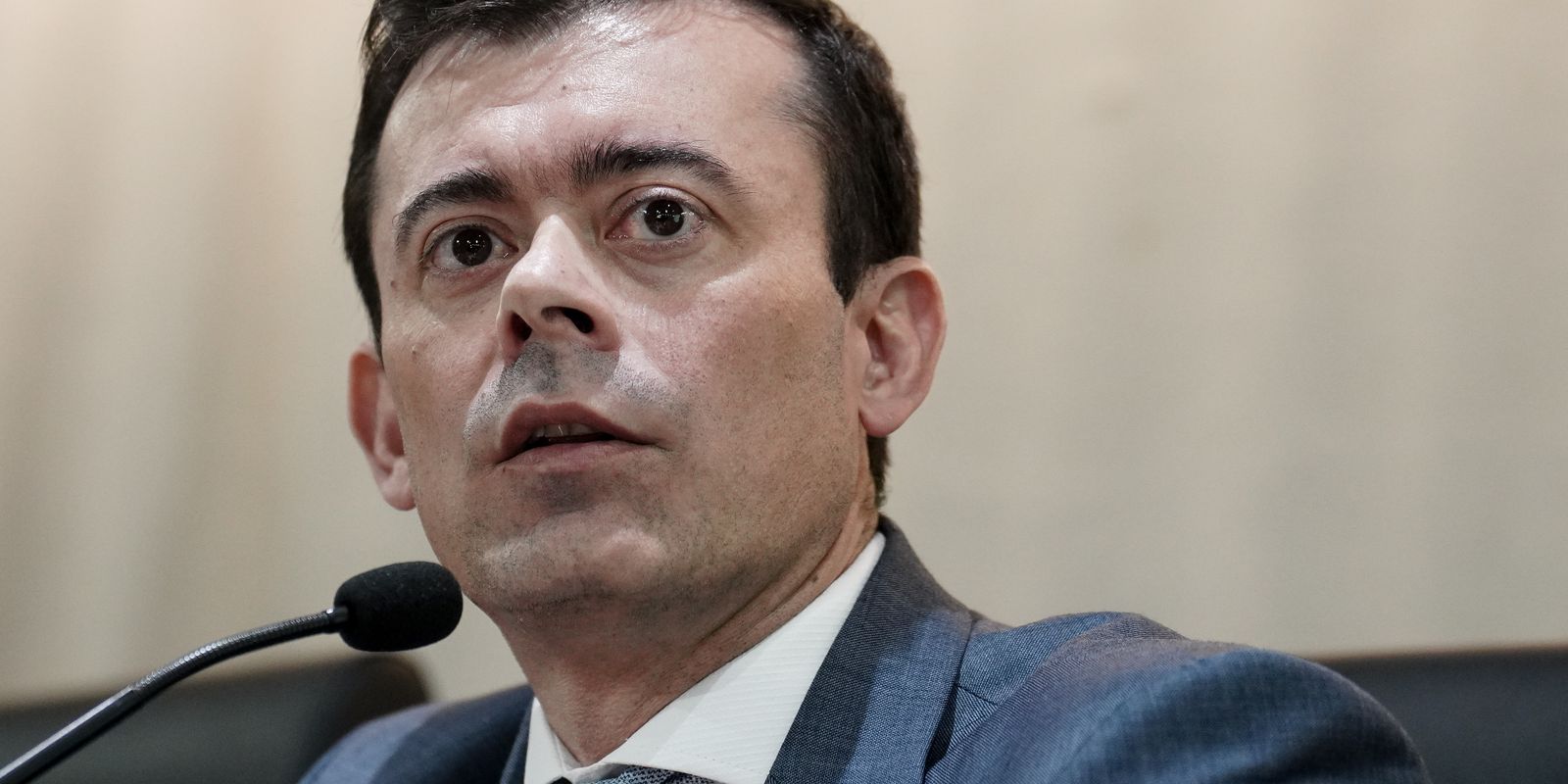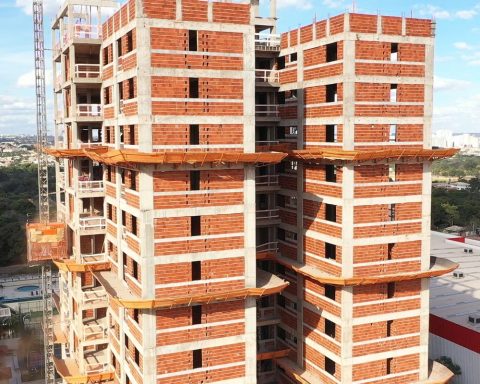Although the government raised the forecast to R$28.8 billion, primary deficit for 2024, federal accounts could end the year with a negative result of around R$8 billion, said the Secretary of the National Treasury, Rogério Ceron, this Monday (22).
The difference, the secretary said, is due to a process called “pooling,” in which ministries are unable to spend funds released by the economic team. “It is not a formal aspect, but a managerial one that must be taken into account. Last year, it was just over R$20 billion. It is not something that is formally controlled, but it happens naturally,” Ceron said in a press conference to explain the freezing of R$ 15 billion of expenses.
Ceron based his estimate on the average of recent years. Last year, the volume of backlogged spending was R$19.8 billion. There are three main reasons for the “backlogged spending”: problems with mandatory parliamentary amendments, management and bidding difficulties, and sub-allocations that make it difficult to reallocate funds between ministries or even within the same department.
Sent this Monday to the National Congress, the Bimonthly Revenue and Expenditure Report increased the primary deficit forecast for 2024 from R$14.5 billion to R$28.8 billion. The value represents the lower limit of the tolerance margin established by the new fiscal framework, which stipulates a zero deficit for this year, with a margin of 0.25 percentage points of the Gross Domestic Product (GDP, the sum of wealth produced in the country) either way.
The economic team reported that the next reports will reduce the primary deficit forecast, the negative result of the government’s accounts without interest on the public debt. However, the backlog has nothing to do with this. The deficit forecast will be reduced mainly because of the approval by the National Congress of measures to compensate for the payroll tax relief or the end of the term of the injunction from the Federal Supreme Court (STF) that allows the extension of the benefit.

















